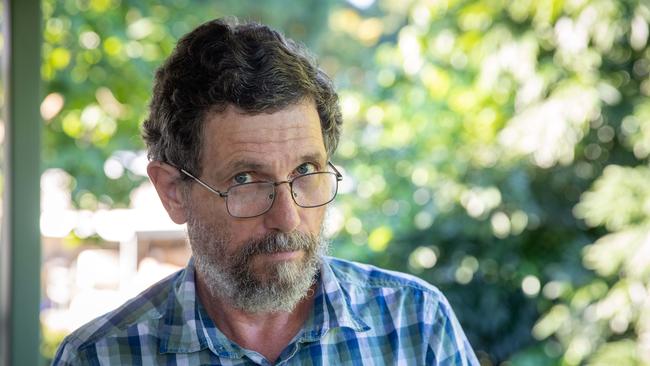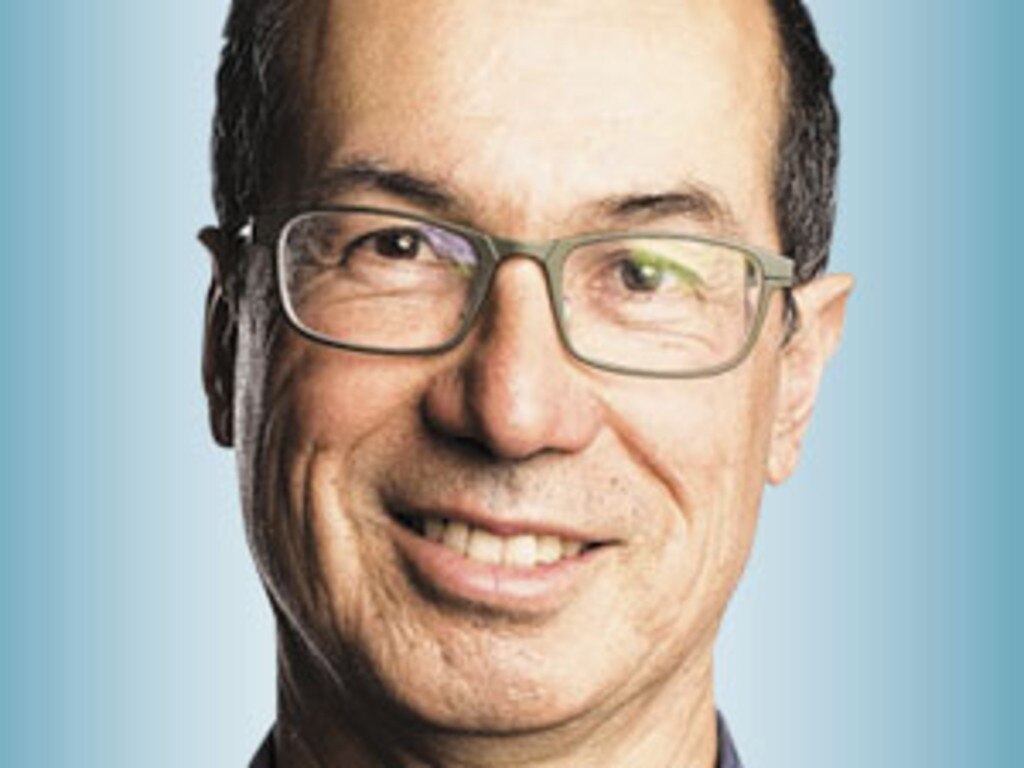Uni ‘revolution needed to save free speech’
It will take a revolution to recover academic freedom from groupthinking bureaucrats, a physics professor claims.

It will take a revolution to recover academic freedom from the groupthinking bureaucrats who exert control over corporate universities, says a physics professor sacked after going public with climate science criticism.
Peter Ridd, whose academic freedom was upheld by a court in April, said the higher education sector’s claim of “no crisis” was disproved by its resistance to the French review of campus free speech.
“(Nothing will change) unless we have, essentially, a revolution with the universities,” he says in an Institute of Public Affairs podcast out tomorrow.
Dr Peter Ridd joins The Looking Forward Podcast tomorrow to talk about his legal case, why he decided to stand up for freedom of speech and what his case reveals about the state of academic freedom in Australia. Subscribe now so you don't miss it! pic.twitter.com/nyuFiFGDVj
— Institute of Public Affairs (@TheIPA) June 20, 2019
He backed Education Minister Dan Tehan’s campaign for a model free speech code suggested by former High Court chief justice Robert French.
In April, peak lobby Universities Australia gave the French report a cool reception — warning against imposition of rules “aimed at solving a problem that has not been demonstrated to exist” — but since the May 18 election several institutions have trumpeted new pro-freedom statements.
James Cook University dismissed Professor Ridd last year, saying it had nothing to do with his criticism of climate science methods but was for “denigrating the university” and talking about the disciplinary investigation against him.
JCU found Professor Ridd in breach of a “no satire” order after he emailed a student a newspaper article on the investigation, with the comment “for your amusement”.
Professor Ridd said he was “completely bewildered” by JCU’s insistence that his court victory had nothing to do with his exercise of academic freedom.
Matthew McGowan, of the National Tertiary Education Union, said universities in bargaining had tried to move protection of academic freedom out of enterprise agreements, where it was backed by federal law and safe from unilateral change, and into codes and policies that institutions could alter at will.
“The reality is that the only place where enforceable provisions exist (for academic freedom) and are protected is the collective agreement,” Mr McGowan said.
He said disputes over an academic going public typically involved “unpopular or controversial comments.”
Professor Ridd, who won his court case because of the enterprise agreement, said the root problem was that over the past 20 years “the administrators have taken all the power (from) the professoriate”.
Higher education was once run in a collegial way by academics but universities had enrolled many more students, raised more of their own revenue and created bureaucratic fiefdoms.
“Almost from top to bottom (universities are) full of the same type of people and we’ve got to get more genuine diversity of views in the universities,” Professor Ridd said.
He felt for academics with mortgages and worried about the next redundancy round, but said most “don’t really care about academic freedom, (most) are doing stuff that’s uncontroversial, or if it is controversial, they are on the politically correct side”.
Catriona Jackson of UA said the sector had an “enduring commitment to both freedom of expression and academic freedom” and was “actively and carefully” thinking through the model speech code idea.
Last November when Mr Tehan announced the French review, UA chairwoman Margaret Gardner said it was “unclear” what the point was, because the sector already had “more than 100 policies, codes and agreements that support free intellectual inquiry”.
One unnamed university complained to Mr French that employers or property owners outside higher education did not have “any of these (possible) restrictions imposed on their rights and powers (and) are not required to treat free speech as a ‘paramount’ value ...”
Mr French said this was “surprising” because unlike other property owners, a university was a public authority “for the benefit of the community and inheriting a long historical tradition.”
He cited a 2009 judgment saying academic staff were members of the university and their relationship went beyond the ordinary terms of an employment contract.
The freedom of academics “to choose the subject or line of research and the manner of its pursuit ... (sits) uneasily with employment notions such as the implied duty of an employee to obey all lawful and reasonable instructions of the employer”, the judgment said.




To join the conversation, please log in. Don't have an account? Register
Join the conversation, you are commenting as Logout